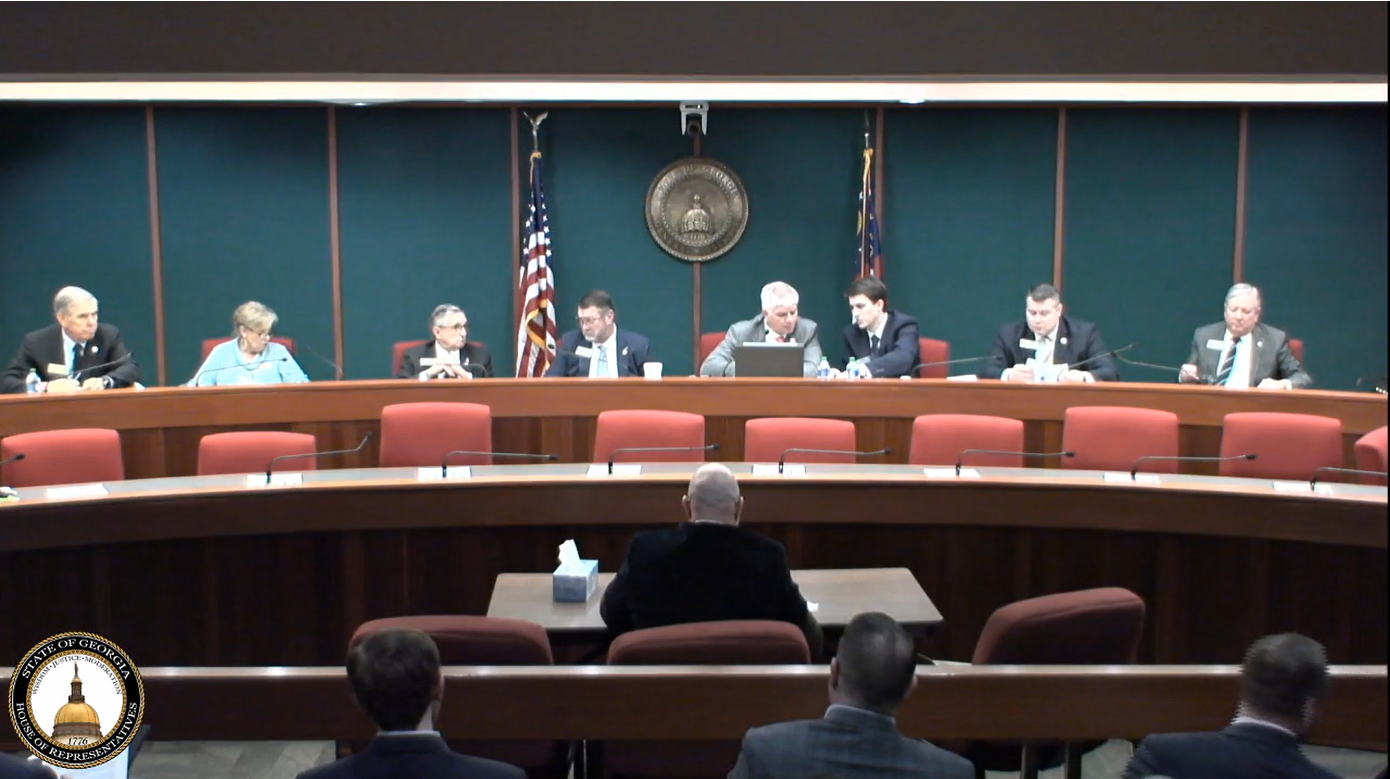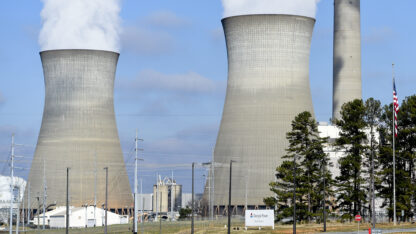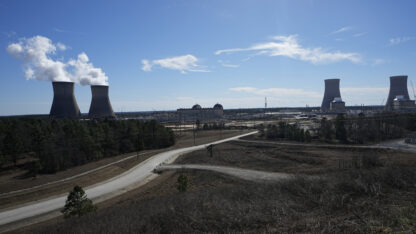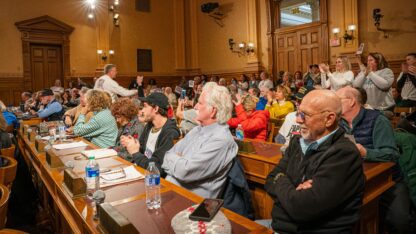Georgia is second in the country for cryptomines: But not every Georgian is even sure what those are.
“I’m still confused about what we’re mining,” said Rep. Dale Washburn (R-Macon). “I have rock quarries in my district.”
Now, the Georgia legislature is figuring out whether laws should be written to make sure local governments cannot effectively ban digital currency facilities from counties, and whether the businesses should receive tax incentives.
What are we talking about?
Cryptomines are a relatively new phenomenon. Physically, they are facilities filled with computers. They’re used to generate digital currencies, such as Bitcoin, that can be used in a growing number of places to purchase real goods.
However, these digital currencies have been known to be volatile. Like data centers, cryptomines require a lot of energy to fuel the computers that are constantly working to crack codes for which the “miner,” or facility operator, receives payment in the form of Bitcoin or another digital currency.
Scott Hilton, a representative in Peachtree Corners, has introduced a bill into the house in support of Bitcoin mining — noting that there is a cryptomine in his district.
The bill looks to ensure local governments cannot effectively ban the facilities by making it so authorities cannot make noise ordinances that particularly apply to cryptomines. On top of that, the bill seeks to make cryptomines legal within all industrially zoned properties.
He also wants to treat the cryptomines like data centers by providing tax exemptions for equipment purchases.
Hilton brought a subject matter expert, Bo Ginn, from a company called CleanSpark.
“It’s an important technological advancement that brings substantial investment innovation and job creation to Georgia, particularly to our rural communities,” said Ginn, who manages a CleanSpark facility in Sandersville.
“In Sandersville, we now contribute over half a million dollars to the community through sales taxes and margins on our power bills,” Ginn said. Representatives, such as Penny Houston (R-Nashville), questioned Ginn and expressed doubt as to how many jobs these facilities bring in outside of security guards.
Energy use raises concerns
Bob Sherrier is an attorney covering clean energy policy for the Southern Environmental Law Center and argued that tax incentives are unnecessary. The exemption includes all the equipment needed to set up a cryptomine, like computers, air conditioning, wiring and more.
“Georgia is already the number two state for crypto mining without this exemption,” Sherrier said. “So what is it? What incentive is it providing besides extra profit to these companies?”
Moreover, he said the tax exemptions are similar to the data center tax exemptions discussed the day before, which he noted were being considered for potential removal because of the disproportionate amount of energy the facilities use.
The Secretary of State’s Assistant Commissioner of Securities, Noula Zaharis, also spoke to the committee, raising concerns about how the bill interacts with Georgia’s securities laws due to the bill’s language around staking.
“It is our position that Georgians and these programs should be protected like everyone else who invests in another platform or program,” Zaharis said, and that her office is seeking to protect Georgians who engage with crypto from financial crimes like investment fraud.
Protecting neighbors
The bill has skeptics. Representative Penny Houston represents a south Georgia district, which includes Adel, a town that she says has experienced a chief complaint nationwide about the facilities.
“I’ve had a terrible experience in my area with crypto mining and the noise that people live there with,” she said. “People who were there a long time before they came and the noise is absolutely atrocious.”
Houston and other representatives also voiced their concerns about noise disturbances to neighbors and whether the law would prevent local governments from having options to handle noise issues in their own communities.
Sherrier from the SELC said the bill sets problematic precedents.
“We think that mandating crypto being lawful in all industrial zoned areas — or any industrially zoned areas — is a lot broader than is being described here,” Sherrier said.
He said, as others had mentioned before, some industrial areas are next to residential areas. Local governments should have the control to make decisions about what is acceptable and not, and the bill ultimately prevents that.
The bill isn’t up for a committee vote yet, and may see many more revisions before it heads to the House.









